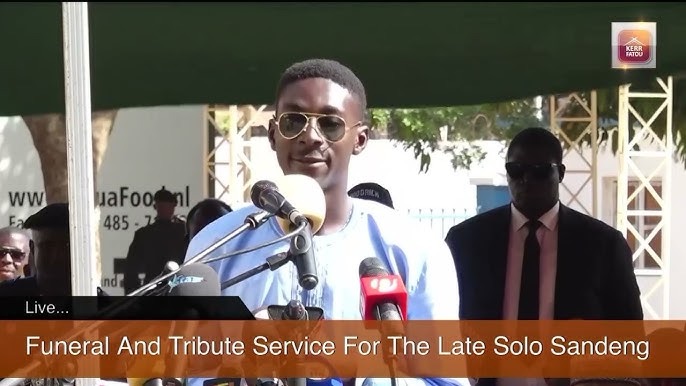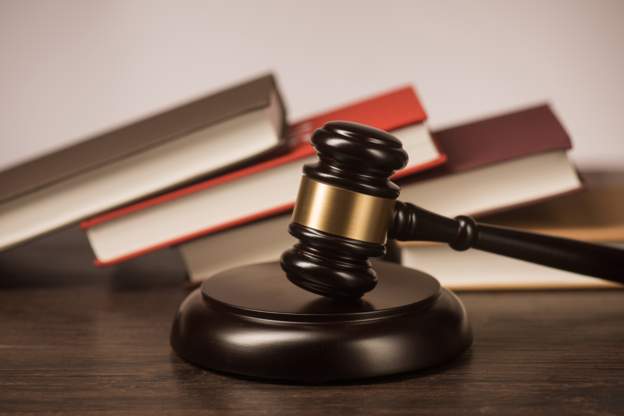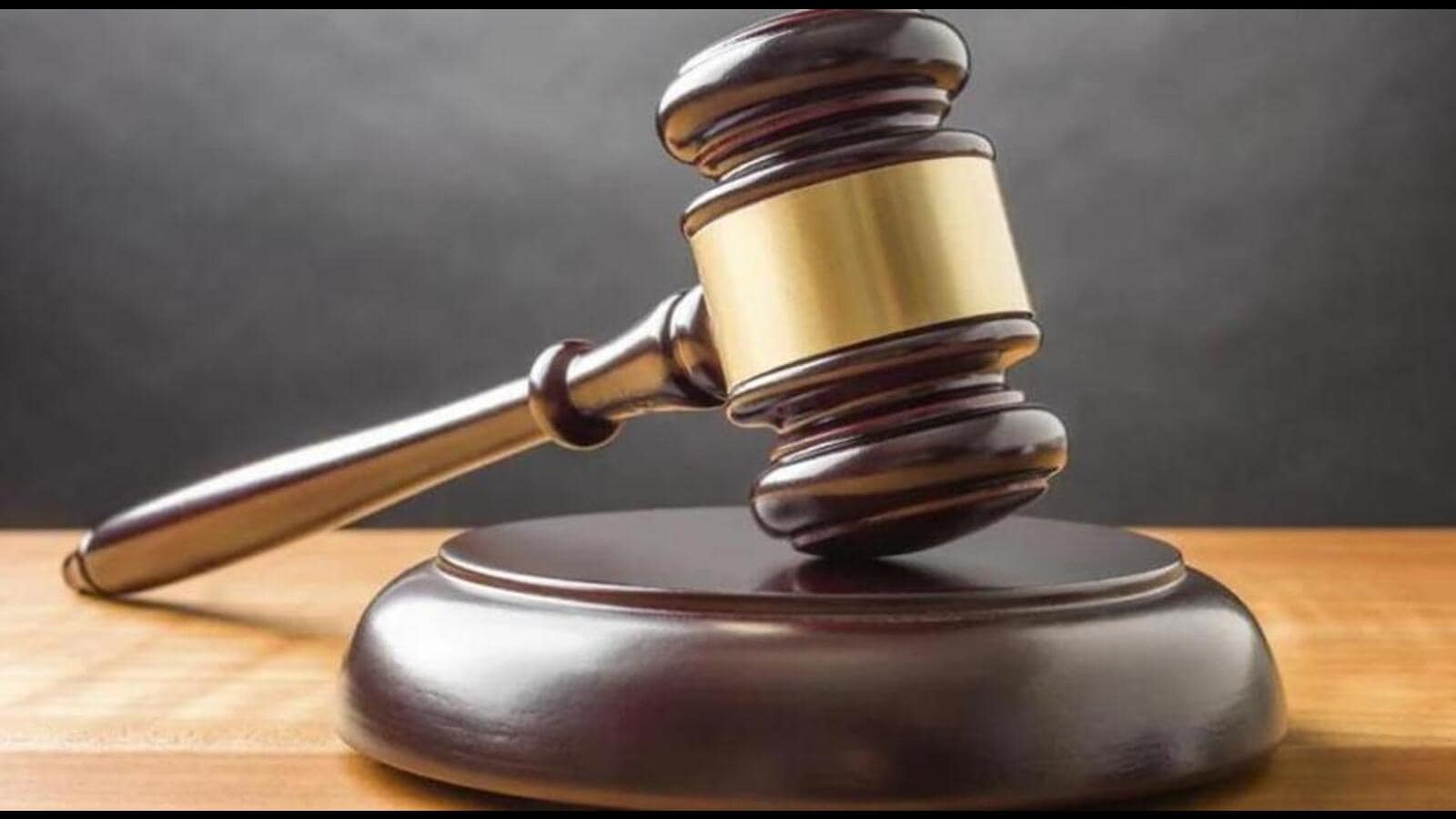By Dawda M Jallow
Mr. Mohammed Sandeng, Vice Chair of the Board of Directors at the Victims Centre, has vowed that the centre is committed not only to pursuing justice but also to ensuring that the voices of victims of human rights abuses are effectively heard.
He made these remarks at the stakeholder engagement with the National Assembly select committee on human rights and constitutional matters on Saturday.
He underscored the significance of the occasion, characterizing it as a critical milestone in the discourse surrounding human rights. He further indicated that the Centre provides substantial support to the Truth, Reconciliation, and Reparations Commission (TRRC) by documenting the experiences of victims facilitating their access to the TRRC, and sharing their narratives with the public.
“By collaborating as a victim-focused organization, we are positioned to advocate for various issues related to the transitional justice process,” he stated.
Mr. Sandeng emphasized the importance of the reparations commission for the Victims Centre, acknowledging that victims are actively seeking reparations, as evidenced by the complaints received by the Centre.
The Chairperson of the National Assembly’s Standing Committee on Human Rights and Constitutional Matters, Hon. Madi Ceesay, expressed concern over the critical delays in these actions, attributing them to the absence of an appropriate legal framework.
“The absence of a legal framework hinders operational effectiveness,” he stated, noting that many individuals may not recognize the complexities involved.
He clarified that both the government and Parliament are not inactive; rather, they are diligently addressing these challenges. “The lack of prosecutions for torture has been due to the insufficiency of legal provisions, but Parliament has initiated efforts to rectify this. This committee has played an instrumental role in addressing such challenges. Fortunately, there are now some frameworks in place that can adequately address these issues.”
In the presentation of the introduction and background of the Victims Centre, Head of Programs Kebba Jome highlighted that following the regime change in 2017, numerous victims felt that their voices were not being sufficiently recognized, either individually or collectively. As a response, several victims and human rights advocates founded the Gambia Centre for Victims of Human Rights Violations (VC), which was registered as a non-profit organization in April 2017.
As the first organization of its kind in the country, the VC serves as an advocacy platform for promoting Truth, Justice, Accountability, and Reconciliation.
The VC is structured with a secretariat led by a National Coordinator and overseen by an advisory Board of Directors. Mr. Jome outlined the Centre’s objectives, which include the registration and documentation of all cases of human rights violations utilizing a computerized database. Additionally, the Centre engages in raising awareness for victims concerning human rights issues and reparations while providing medical, educational, and psychological support to those in need.
Mr. Jome concluded by highlighting the achievements of the VC to date, indicating that a total of 1,270 victims have registered with the Centre, a number that continues to rise. He also mentioned the Centre’s involvement in the selection process for TRRC commissioners and its support for the commission’s operations and the formulation of the reparations policy.





